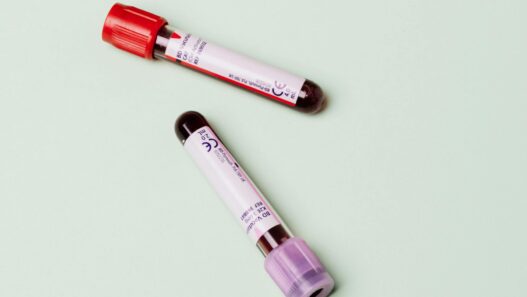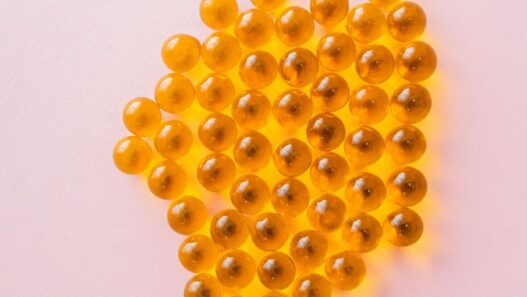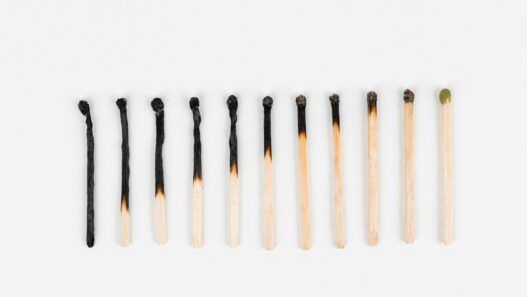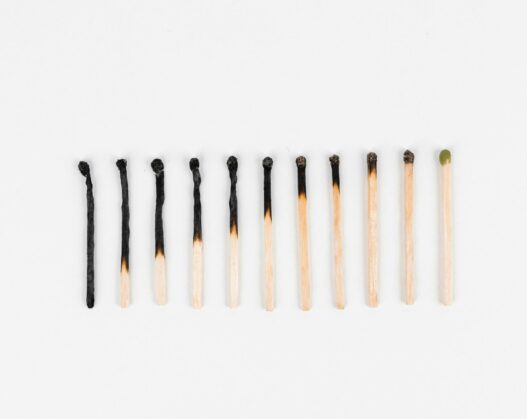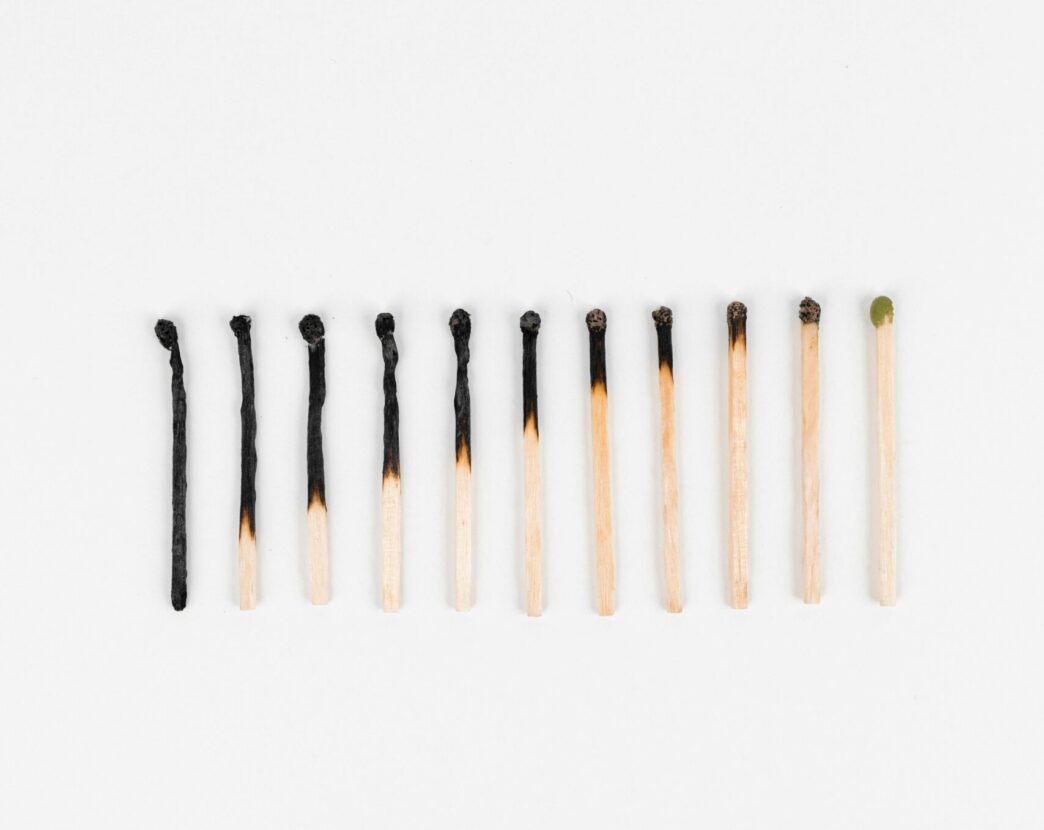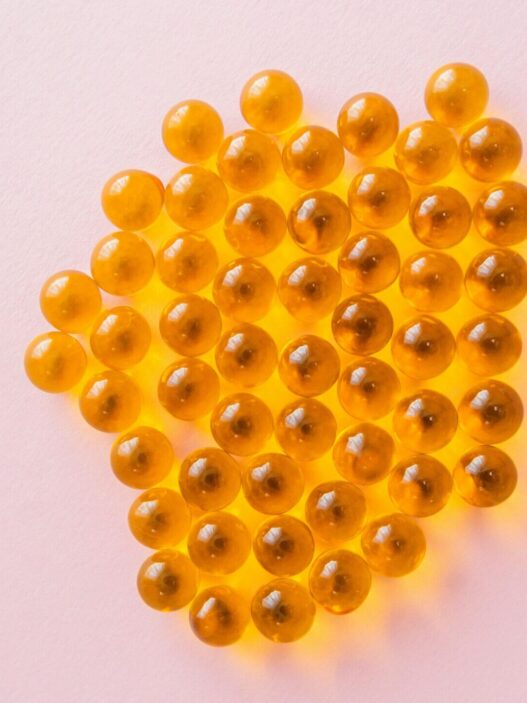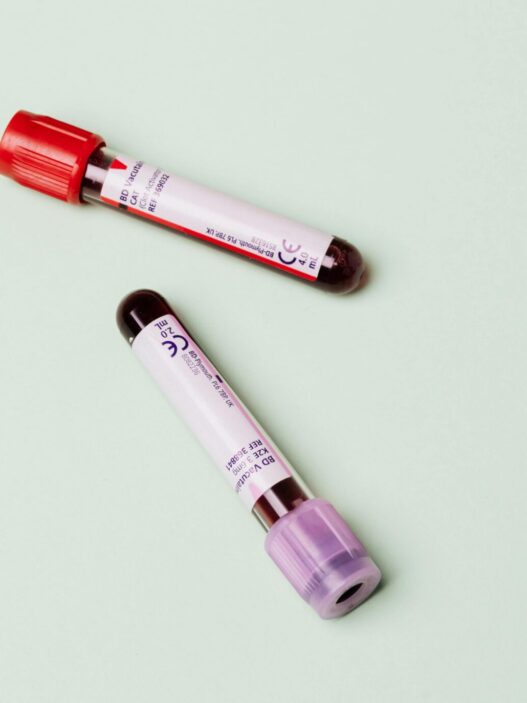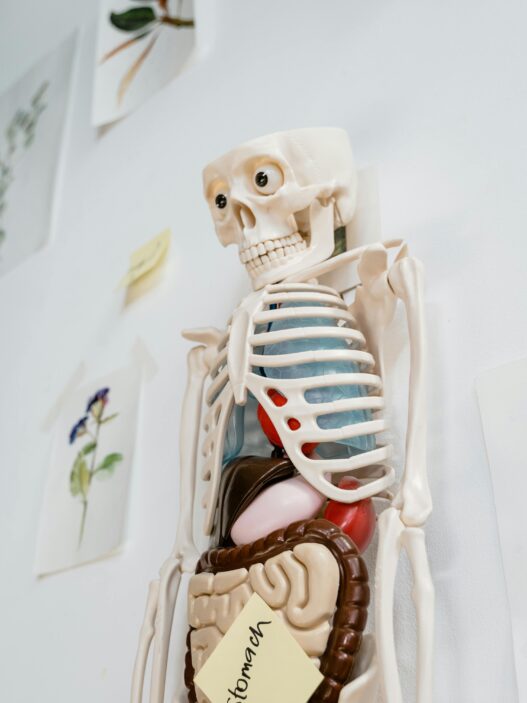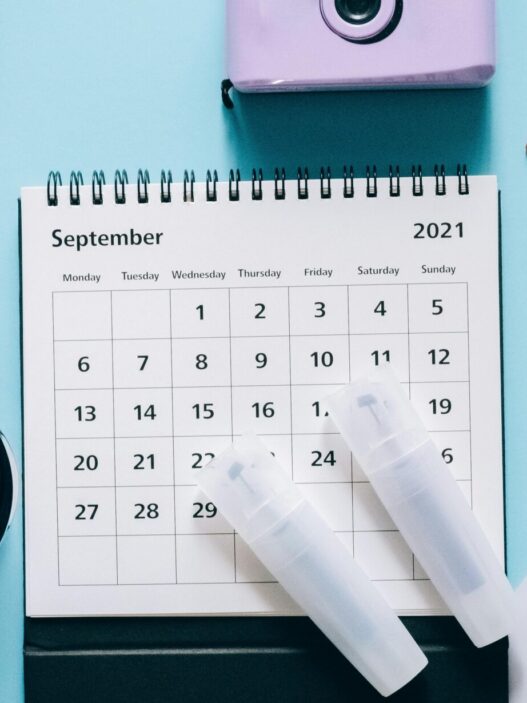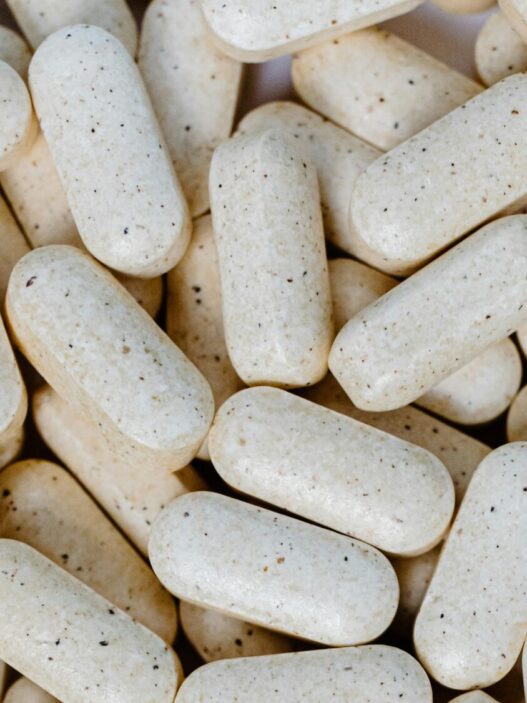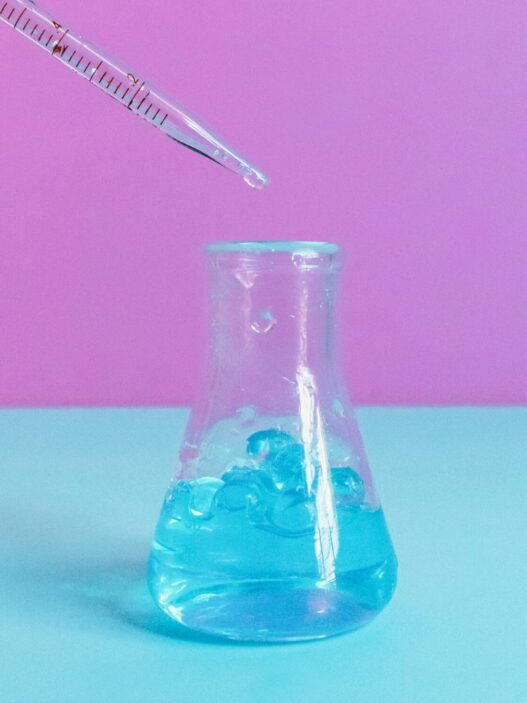Before we have a look at what damages collagen, it is important to realise that internally your body’s collagen production naturally begins to decrease starting from your mid-twenties.
It is also important to remember any existing collagen begins to break down at a faster rate, and any newly produced collagen is at lower quality.
Now, considering these three internal factors, there are also external lifestyle factors that can impact collagen production, strength and quality. Here are some of the most common things that you need to be aware of:
- Smoking
- Too much sugar, fatty foods and refined carbs
- Too much sunlight
- Lack of vitamin C
- Lack of sleep
- Too much stress
Smoking and collagen
Smoking decreases collagen production by damaging both collagen and elastin.
Elastin is another protein that helps with the stretchiness and strength of your skin, resulting in wrinkles.
Additionally consuming nicotine begins to narrow your blood vessels near your skin’s surface. This prevents the delivery of oxygen and nutrients, resulting in slower wound healing.
Too much sugar, fatty foods and refined carbs and collagen
Sugar as well as fats join with other proteins in the bloodstream of your body to form something called advanced glycation end products (AGE).
High levels of AGE’s are thought to be contributors to ageing, and are used as markers for the development or possibility of developing diseases such as heart disease and diabetes.
Not only do they damage proteins, they also cause collagen to become weaker, dry and brittle which can result in joint pain, weaker bones that are prone to injury as well as nails that are prone to breakage.
Too much sugar and refined carbs can also cause inflammation in the body, which can inhibit collagen synthesis (the process your body puts amino acids through to create collagen).
Lack of Vitamin C and collagen
Whilst your body needs key amino acids to create collagen, it also needs a number of vitamins and minerals to help with collagen synthesis, which is how your body creates collagen.
One of the key vitamins is vitamin C.
A lack of vitamin C results in an inefficient and half-baked collagen synthesis process which results in poor / low quality collagen creation.
Ultimately low quality collagen will result in weaker connective tissues / ligaments / tendons, increased joint pain, dehydrated skin, brittle nails as well as visible wrinkles and sagging skin.
Too much sunlight and collagen
Excessive exposure to sunlight can cause collagen to break down more quickly on the surface of your skin.
An example is that ultraviolet sunlight can begin to cause wrinkles, especially if you aren’t wearing sunscreen e.g. SPF 30 or higher.
Even with sunscreen, it is important to be moderate with the amount of time and how frequently you spend in direct sunlight.
Lack of sleep and collagen
There are two things here, you need a reasonable amount of sleep because your body produces collagen as you sleep – by reducing your sleeping hours you are just not giving your body enough time to replenish itself.
Secondly, when you don’t have sufficient sleep your body releases a chemical called cortisol. This chemical begins to break down collagen, resulting in sagging and wrinkly skin, that could be either or both duller and drier.
Too much stress and collagen
When you stress your body releases very high levels of cortisol, this can speed up the degradation and loss of collagen as well as the breakdown of elastin, the impact of all of this will be most visible on the skin, which can become saggy and wrinkly.
Can you reverse collagen damage?
In short, yes.
Collagen damage that is caused by external lifestyle factors can be reversed by stopping that habit or lifestyle.
These habits are things that degrade the collagen in your body, so as soon as you reduce or remove them you should see, over time, the quality of the collagen in your body get better – this will result in your skin looking and your body e.g. joints feeling better.
Now, if you’re at a point where your body’s collagen production has also been affected e.g. natural ageing or lack of sleep which has affected your immune system, then taking supplements will provide another resource it can tap in to.
This will help give your body the boost it needs to carry on replenishing itself e.g. skin, joints from a sufficient supply of key ingredients.
As a summary, the things to remember are:
- Aim to have a better diet, removing refined sugars, carbs and fatty foods.
- Make sure you’re giving yourself enough rest.
- Try to manage your moods and deal with your stress before it becomes too much.
- Keep out of direct sunlight and have your vitamins.
- Stop those smoking habits.

